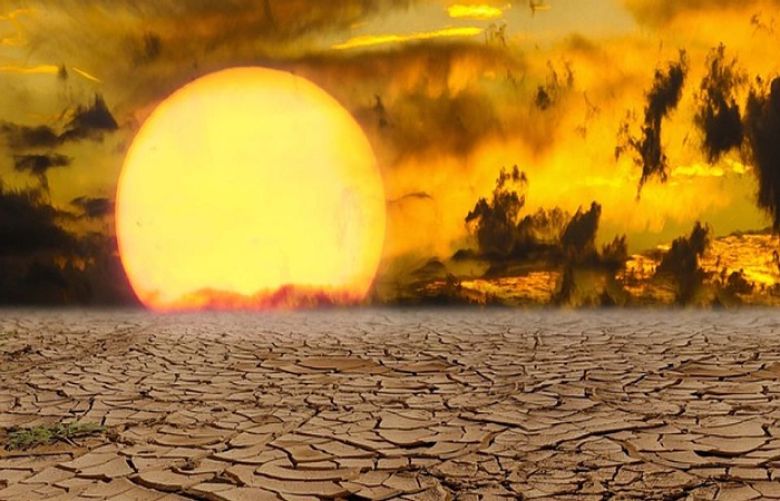The headlines on climate change rarely bring positivity, and yet, the recent global warming predictions unveiled by the World Meteorological Organization (WMO) in mid-May marked a poignant moment for human civilization.
According to the WMO, there is a likelihood of the world experiencing an increase of over 1.5 degrees Celsius (2.7 degrees Fahrenheit) in the next five years compared to average pre-industrial levels. This would be the first time such a threshold has been surpassed.
While the United Nations' weather body's forecasts of extreme weather events capture spikes in temperatures, they also serve as ominous signs of the immense challenge in achieving the goal of limiting the average temperature increase to 1.5 degrees Celsius.
Nevertheless, these warning signs have been present for some time and are intensifying.
The smell of smoke from barbecues is no longer the only indication of summer's arrival. Devastating wildfires, like those that recently ravaged Canada, increasingly serve as clear indicators of rising temperatures and the deadly consequences they bring. Furthermore, cyclones such as Biparjoy, which struck western India in mid-June, are wreaking havoc with greater frequency.
Despite the landmark 2015 climate agreement, where global leaders gathered in a northeastern Paris suburb, no country has succeeded in meeting the necessary emissions reduction targets to limit global temperature rise to 1.5 degrees Celsius, according to Climate Action Tracker, an independent research platform.
So, does this mean it is a lost cause? Or is there still room for hope? Are there any countries outperforming others in their efforts to mitigate the worst effects of climate change for future generations? If so, what strategies are they implementing successfully?.







